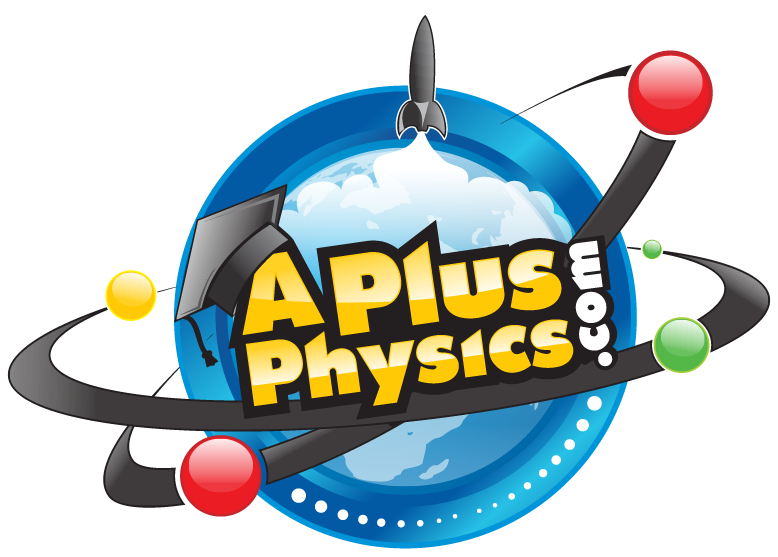
2. Read the Textbook!!! The few times I took a look at Tipler, I gained valuable, relevant information on the current topic in class. It is by far the most useful tool Mr. Fullerton will give you when you miss a day. When I was out sick for 3 days, the textbook taught me the entirety of Gauss's law, which would have tanked me if I didnt understand it. I wish I had taken more advantage.
3. If you need help or don't like your grade, talk to Mr. Fullerton!!! He is a very understanding teacher who will go out of his way to make his students happy. You don't have to worry about grades in the class, because if you give your best effort, do you blog posts, and keep up with the lectures, Mr. Fullerton will go out of his way to make sure that you tough out the class and get a grade that you will be proud of.
Hope this helps, class of 2014!!
- Read more...
- 1 comment
- 708 views

